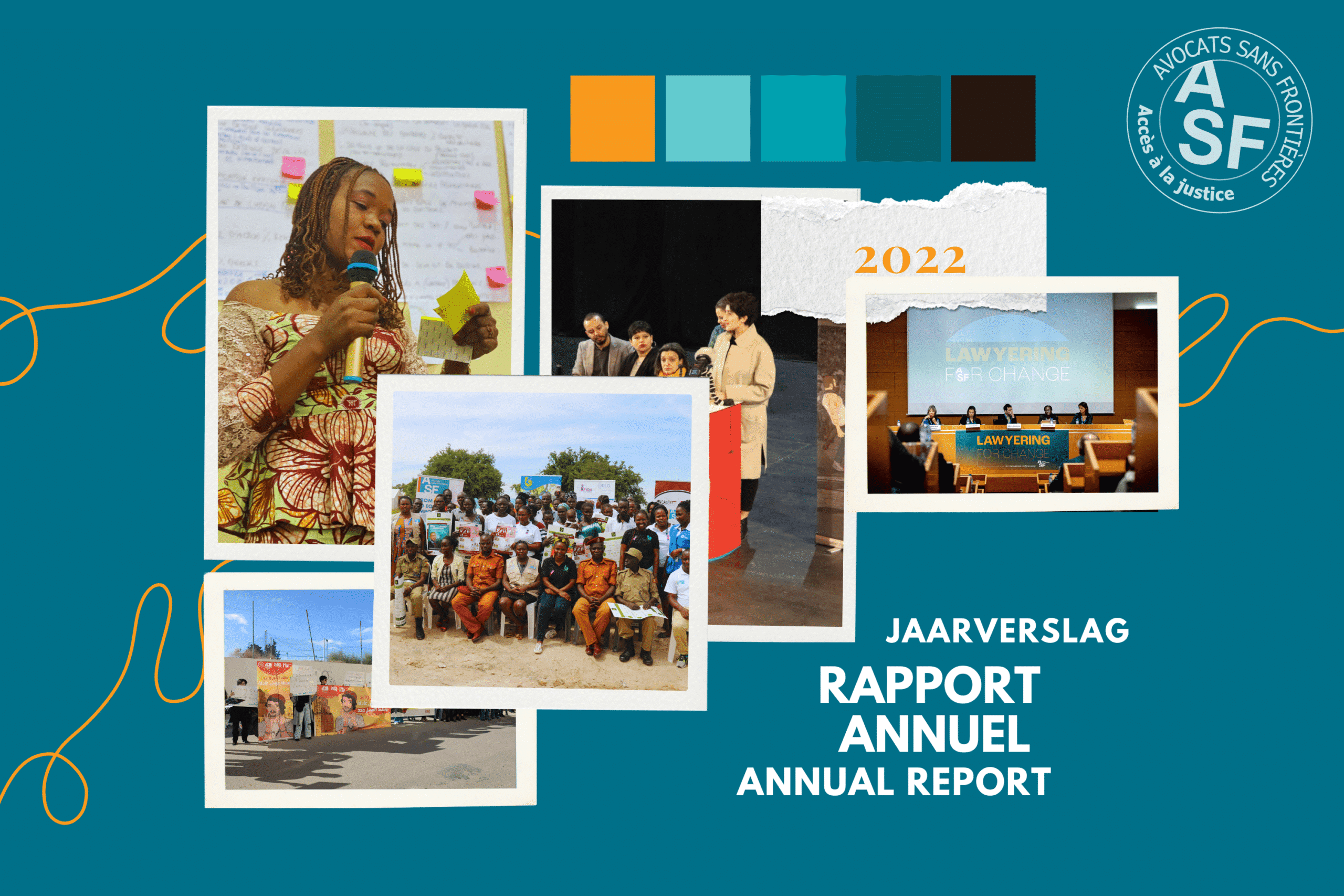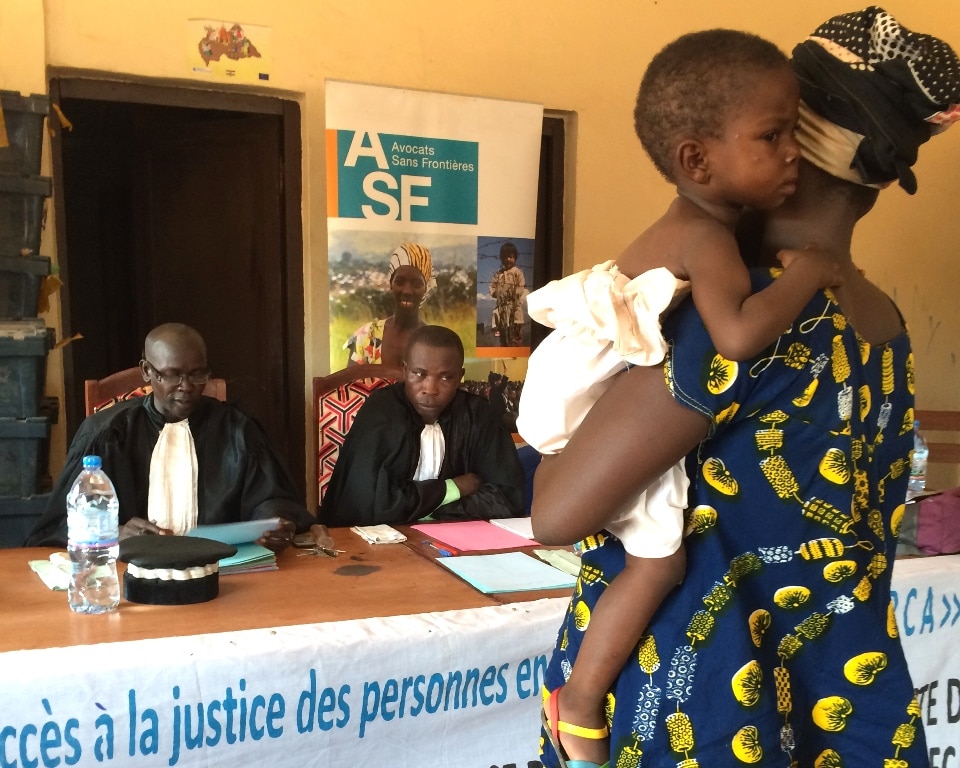Category: Children’s rights
-
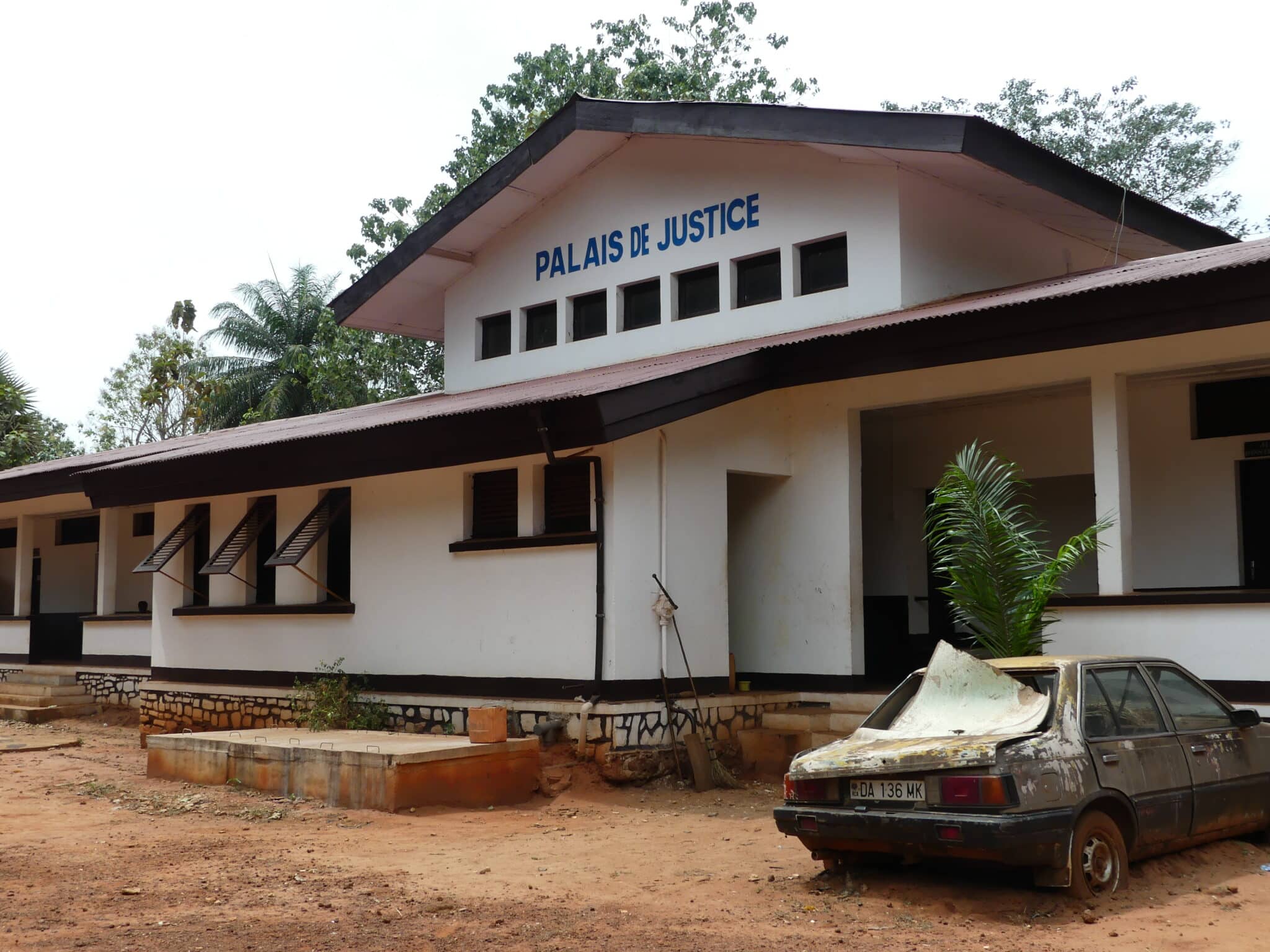
The penalisation of charlatanism and witchcraft practices: An obstacle to the realisation of the rights of women and minors in the Central African Republic
In the Central African Republic (CAR), the practice of charlatanism and witchcraft is considered a crime under the penal code. The prosecution of suspected “sorcery” practitioners frequently leads to serious human rights violations and systematically impacts women and children. At the Bimbo women’s prison, half of the women in prison are condemned for alleged witchcraft…
-
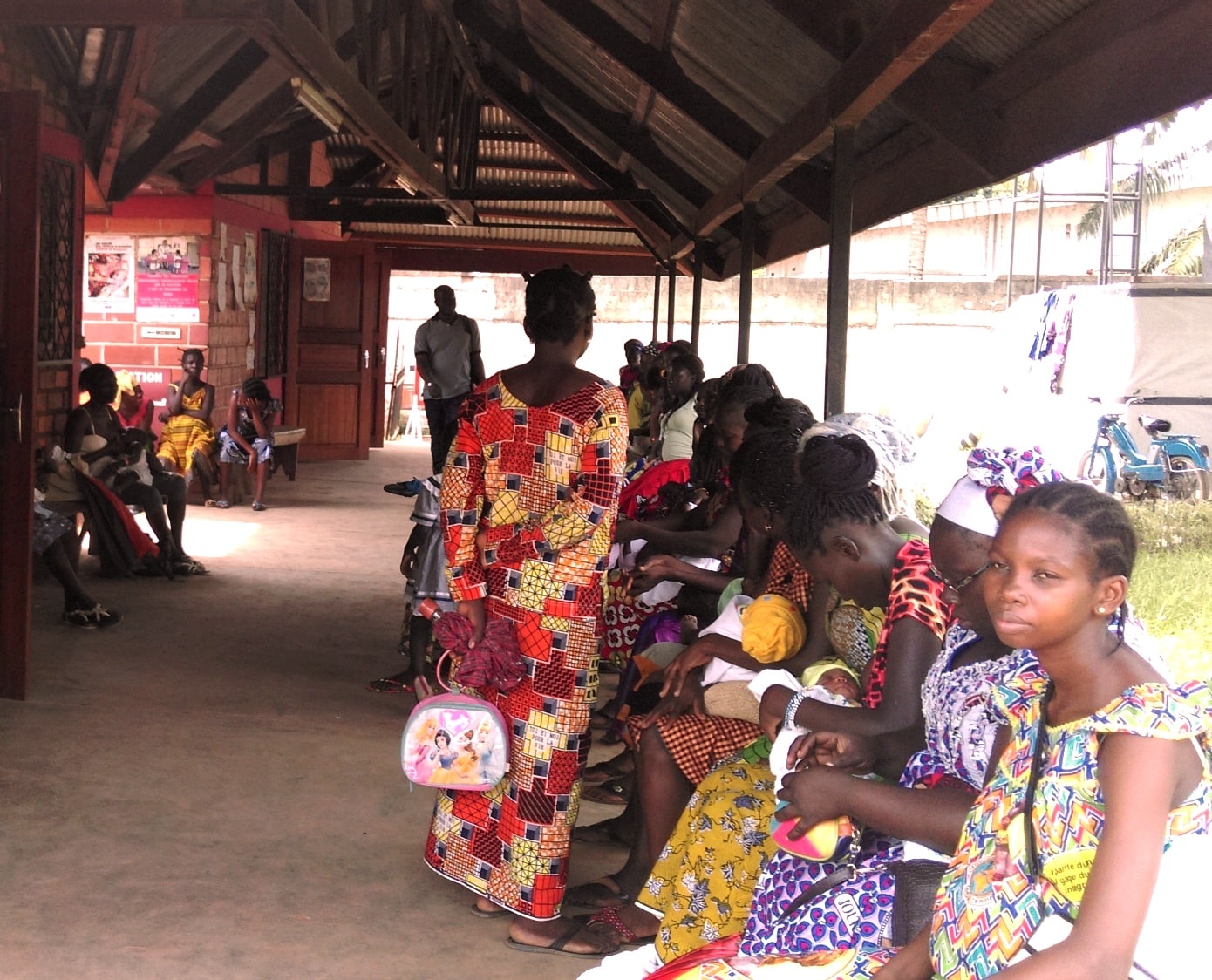
Birth certificates in CAR: the exception rather than the rule
Most Central Africans, especially the youngest, do not possess a birth certificate and thus don’t exist in the eyes of the state. What is the reason for this lack of registration? What are the obstacles to access to the Register of Births, Marriages, and Deaths? What are the consequences? ASF appointed Thierry Vircoulon, an expert…
-
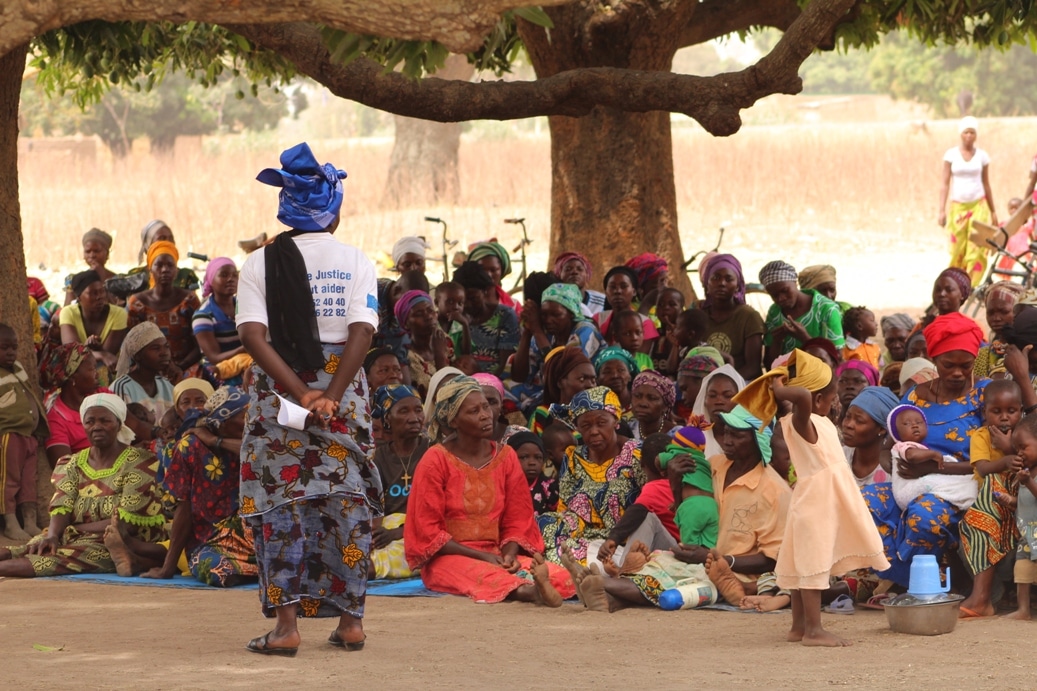
ASF in Chad: a glance at the past and toward the future
Begin May, the European Union officially renewed its support for Avocats Sans Frontières’ work in Chad, allowing the organisation to continue its efforts to protect human rights in the country. This provides an opportunity to look back over some results achieved to date and look toward the challenges to come.
-
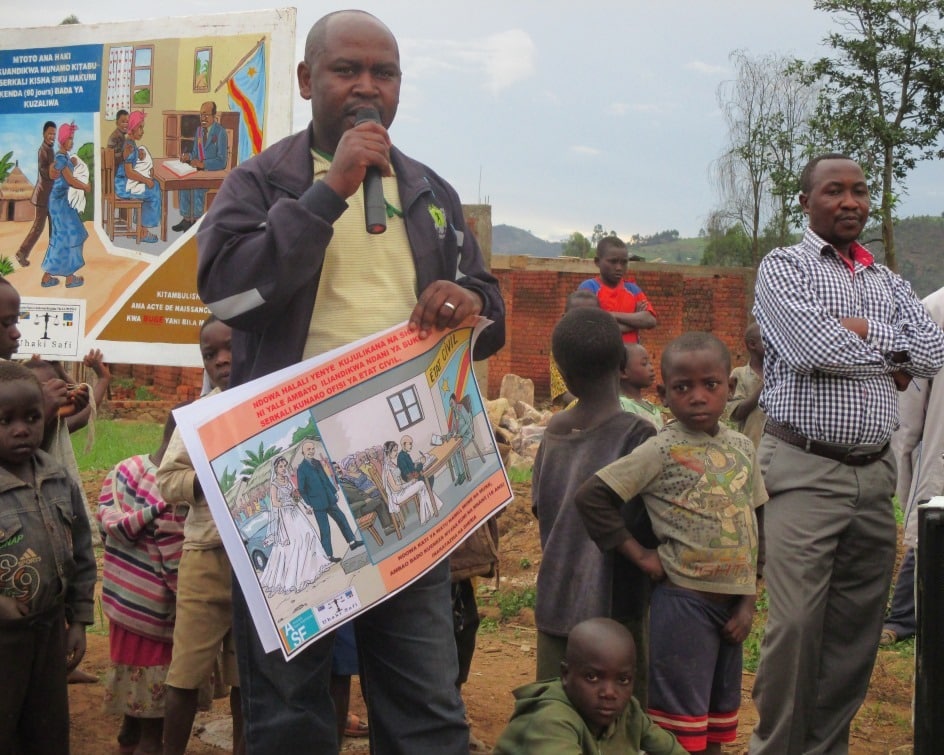
No legal existence equals no rights for Congolese citizens
Lubero, DR Congo – Registration of births – and marriages – is vital for the establishment of citizens’ rights. This is the message that was shared by ASF and its partners with more than 6,000 people living in Lubero, North Kivu.
-
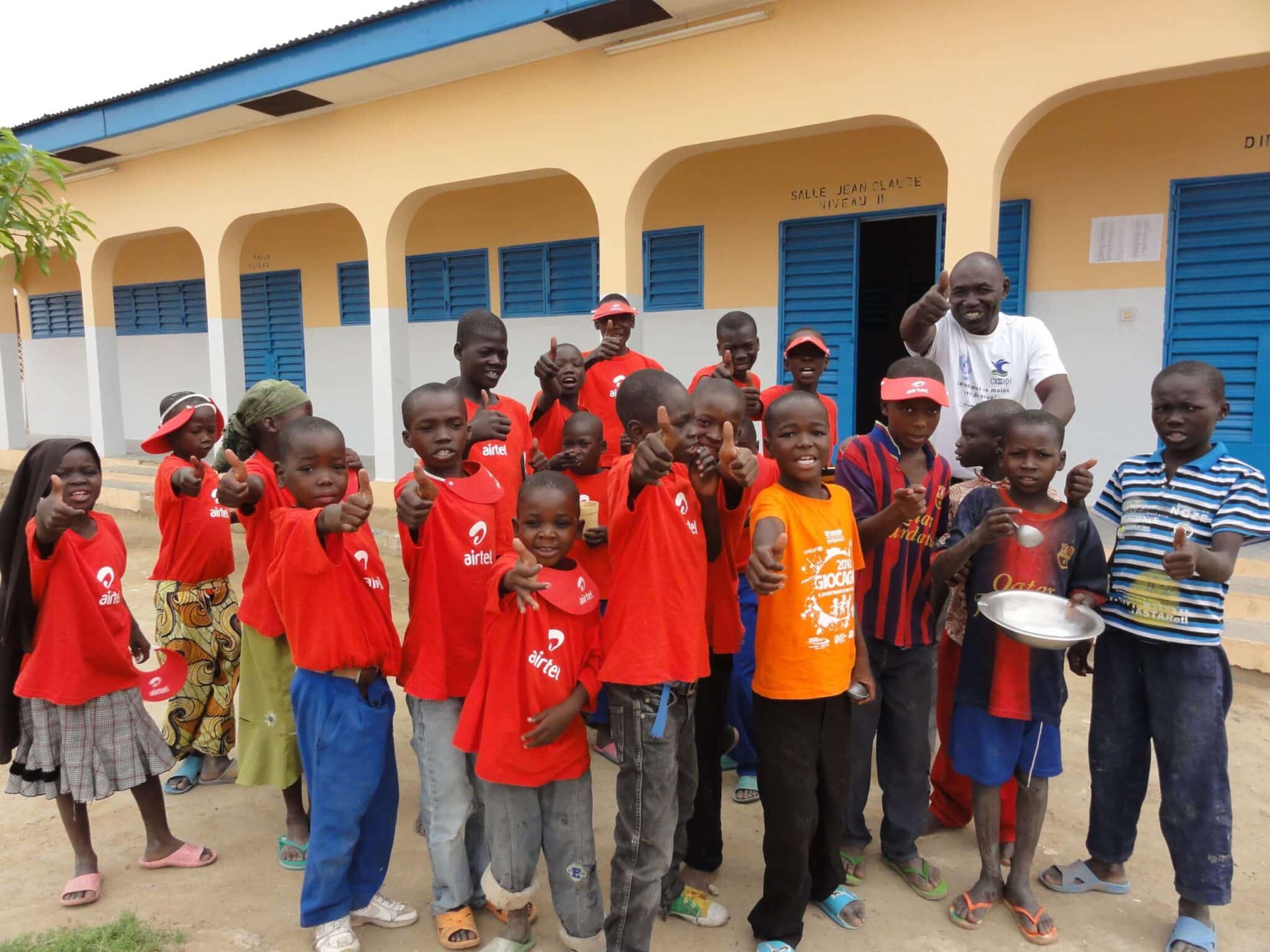
Over 60 minors finally released!
N’Djamena – Through its project supporting minors, Avocats Sans Frontières has secured the release of 64 adolescents held in N’Djamena prison in Chad. Run in partnership with the Chadian NGO Association for the Promotion of Fundamental Rights, the project also highlights the difficulties that children and adolescents face in the legal system, and the manifest…
-
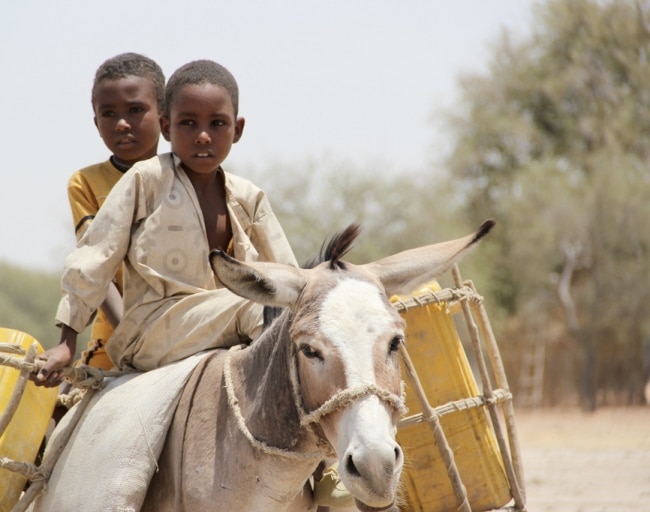
Better Aid for Chadian Youth
N’Djamena, Chad. Avocats Sans Frontières (ASF), in partnership with the local NGO APLFT launched a project to improve the support for minors in N’Djamena. This project will reinforce the capacities of the different actors in the related social and legal spheres.

